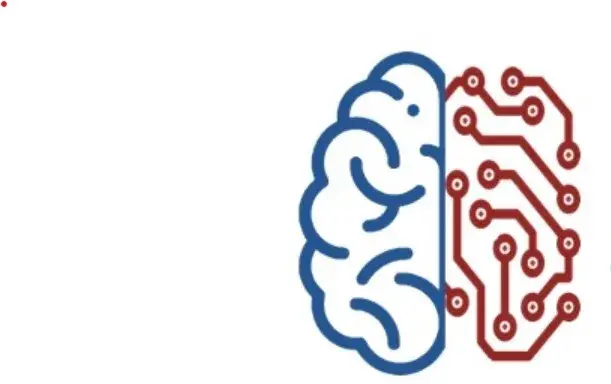
Séminaire PhilSiCog
Nous aurons le plaisir de recevoir Luiz Pessoa, pour une présentation intitulée "Biological cognition as a distributed, entangled system".
Résumé :
“Neurocognitive mechanisms” are often described in terms of a relatively modular and hierarchical neuroarchitecture. Here, I will defend the view that neurocognitive mechanisms should be conceptualized in terms of dynamic distributed processes that span the entire neuroaxis. Evolutionary pressures have molded the central nervous system to promote survival. Careful characterization of the vertebrate brain shows that its architecture supports an enormous amount of communication and integration of signals. The general architecture supports a degree of “computational flexibility” that enables animals to cope successfully with complex and ever-changing environments. An implication of the framework I will describe is that biological cognition does not respect the boundaries of standard mental terms (perception, cognition, action, emotion, motivation”. Thus, an important goal for “biological cognition” should be to unravel how dynamic large-scale brain circuits support complex, naturalistic behaviors.